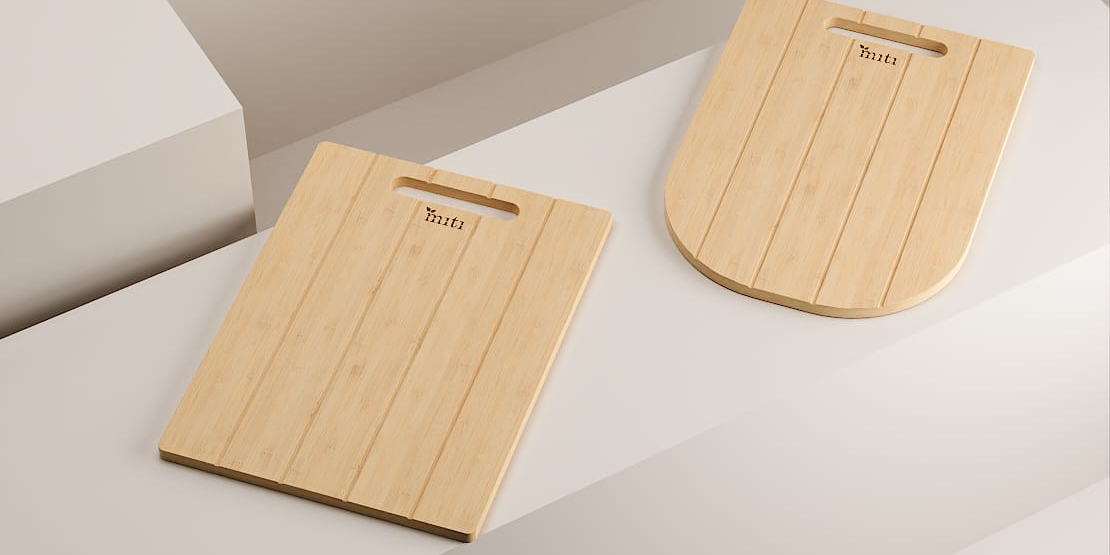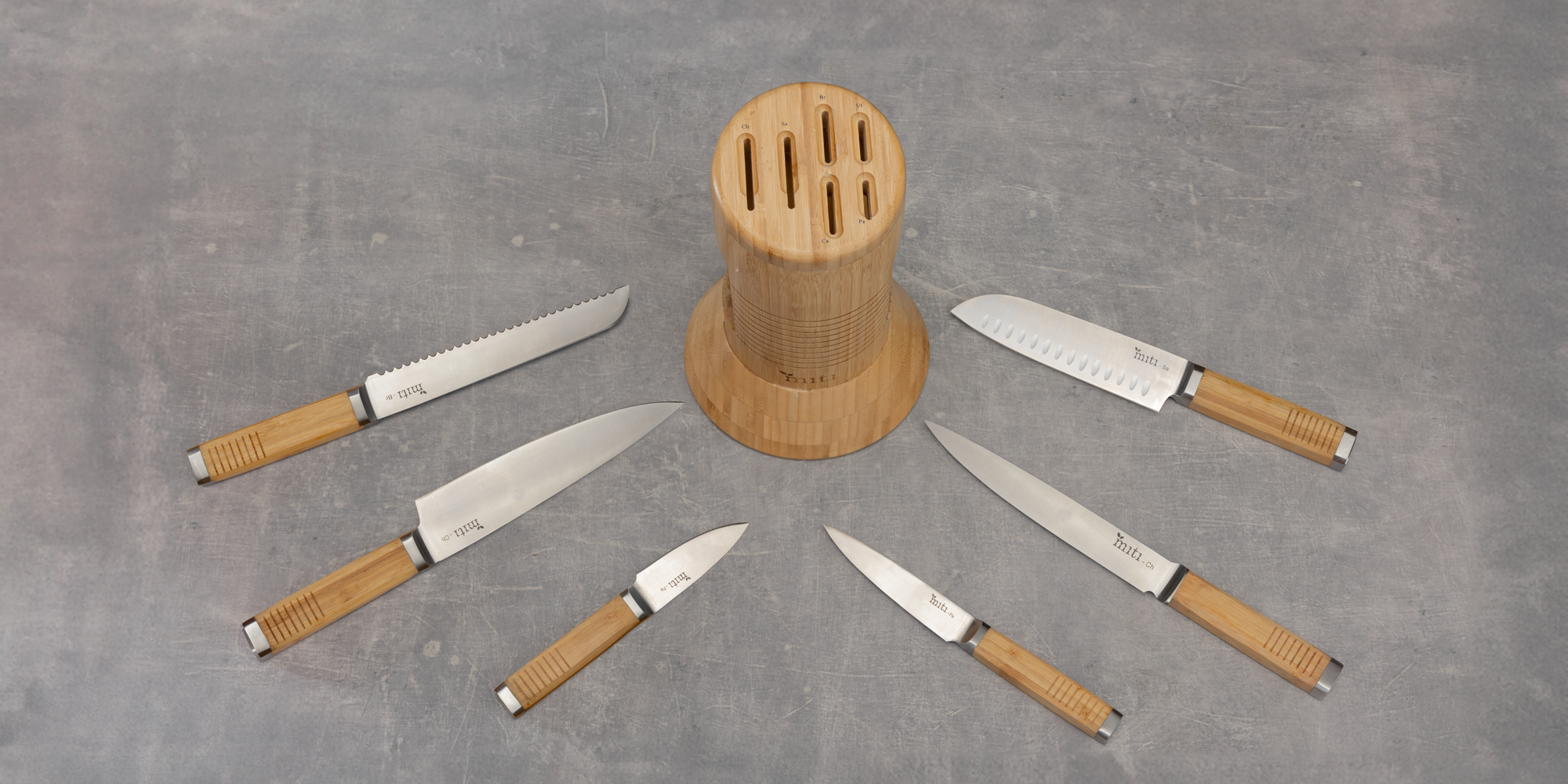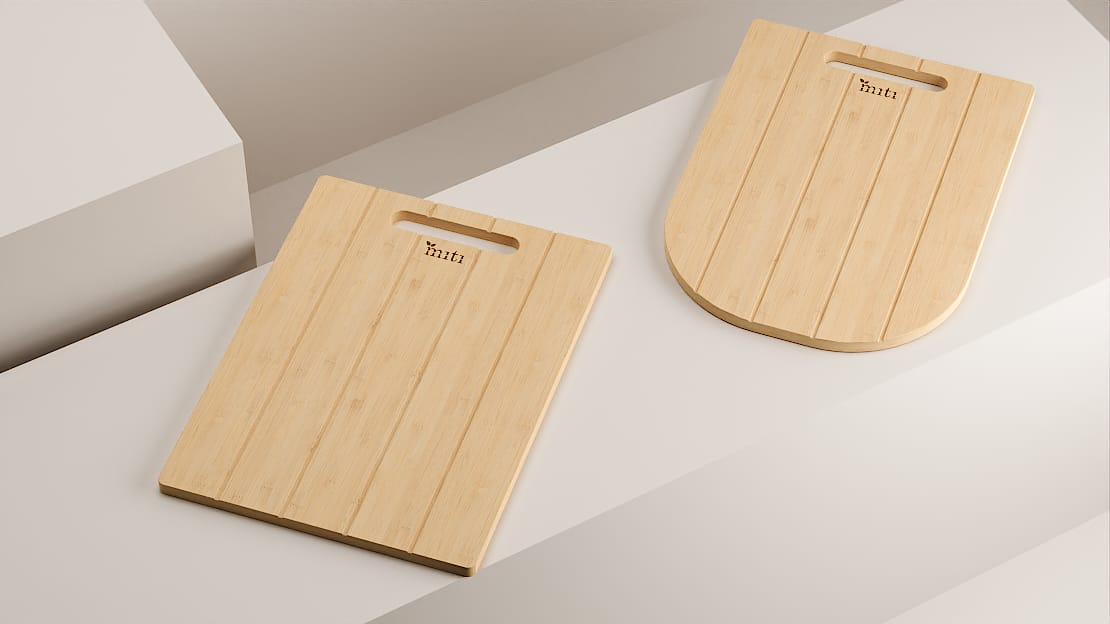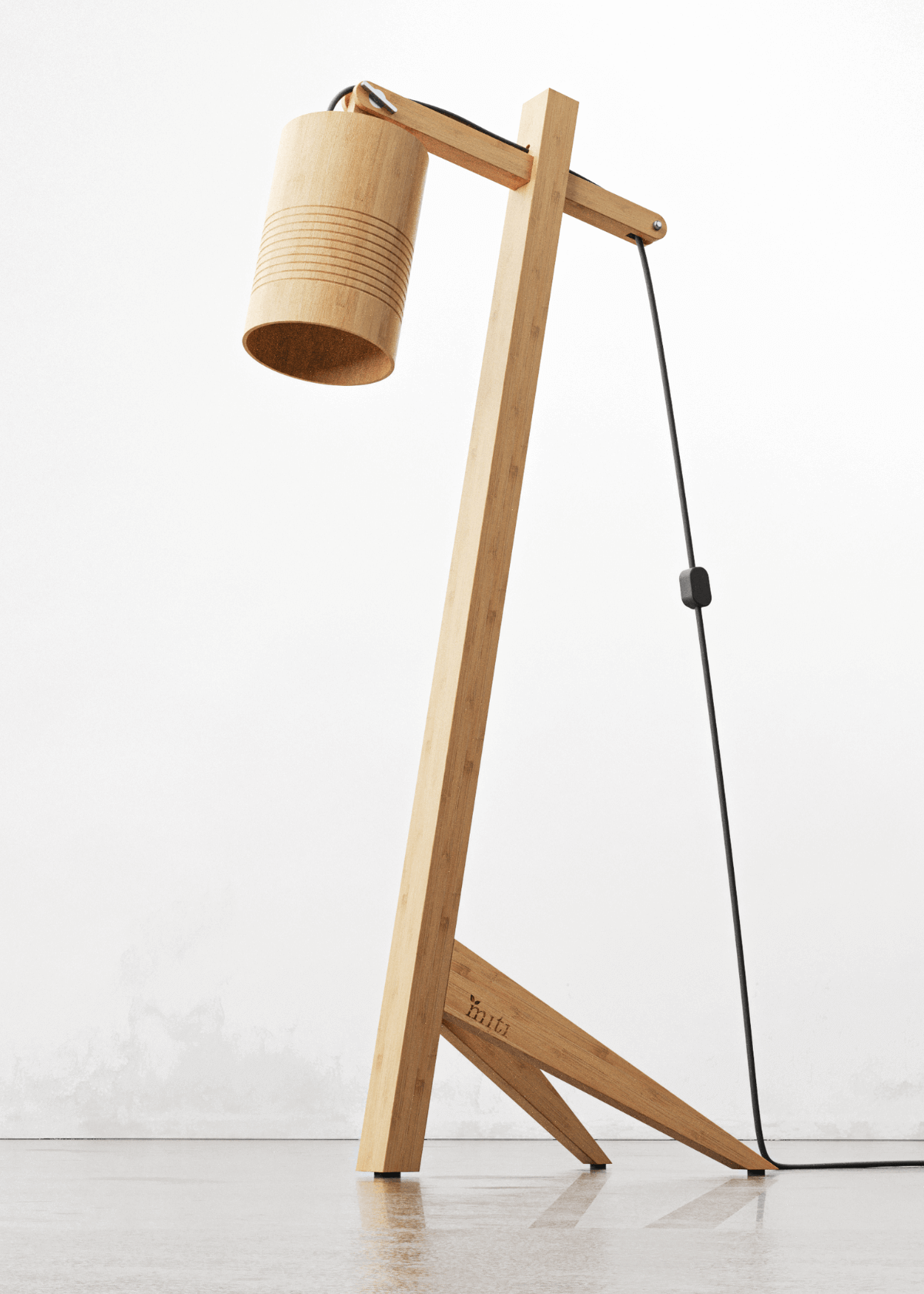Bamboo has emerged as a versatile and eco-friendly resource, garnering attention for its multifaceted applications in everyday products. Renowned for its rapid growth, durability, and minimal environmental impact, bamboo has transformed from a traditional building material to a contemporary symbol of sustainability.
This article explores the myriad reasons why utilizing bamboo products offers a compelling solution for a more sustainable and environmentally conscious lifestyle.
The Eco-Friendly Nature of Bamboo
Bamboo is celebrated for its sustainability and eco-friendliness. Unlike traditional hardwoods, bamboo is a grass that grows astonishingly fast, reaching maturity in just a few years. Its rapid growth rate makes it an exceptionally renewable resource, as some species can grow up to 91 cm (3 feet) in a single day. This remarkable growth allows for swift replenishment, making bamboo an environmentally sound alternative to slow-growing trees typically used in manufacturing.
Moreover, bamboo cultivation requires minimal water, pesticides, or fertilisers, reducing the ecological footprint associated with its growth compared to conventional crops. Its extensive root system also helps prevent soil erosion and contributes to carbon sequestration, making it an asset in the fight against climate change.
Strength and Durability
Bamboo possesses exceptional strength and durability, rivalling many traditional materials. Despite its lightweight nature, bamboo exhibits remarkable tensile strength, making it an ideal choice for various applications, including construction, furniture, textiles, and more. Products crafted from bamboo often outlast their counterparts, showcasing resilience against wear and tear while maintaining their structural integrity.
Versatility in Applications

Bamboo's versatility knows no bounds, transcending industries with its adaptability. Its fibres can be transformed into diverse products, ranging from household items like kitchenware, utensils, and flooring to fashion accessories, textiles, and even innovative building materials. Its flexibility and malleability enable artisans and manufacturers to create aesthetically pleasing, functional, and sustainable products suitable for modern lifestyles.
Health Benefits and Hygienic Qualities
In addition to its environmental advantages, bamboo products offer health benefits and hygienic qualities. Bamboo possesses natural antibacterial and antifungal properties, making it an excellent choice for kitchenware, cutting boards, and utensils. Its resistance to moisture absorption inhibits bacterial growth, ensuring a cleaner and safer environment for food preparation. Moreover, bamboo textiles are hypoallergenic, soft, and breathable, making them an excellent choice for those with sensitive skin or allergies.
Contribution to Carbon Footprint Reduction

One of the most compelling reasons to embrace bamboo products lies in their potential to reduce carbon footprints. As a fast-growing plant, bamboo absorbs large amounts of carbon dioxide from the atmosphere, aiding in carbon sequestration. Furthermore, its utilization as a substitute for conventional materials like wood or plastic helps mitigate deforestation and reduces reliance on fossil fuels used in plastic production.
Ethical and Social Impact
The cultivation of bamboo often aligns with ethical and fair trade practices, benefiting local communities in various regions globally. Bamboo cultivation provides income opportunities for farmers and artisans, fostering economic growth in rural areas. Additionally, its cultivation can empower communities by offering sustainable livelihoods while preserving indigenous knowledge and traditional craftsmanship.
Conclusion
The widespread adoption of bamboo products presents a compelling solution. Beyond its eco-friendly attributes, bamboo's strength, versatility, and numerous health benefits make it an ideal alternative to traditional materials. By choosing bamboo products, individuals can contribute to a more sustainable future while supporting ethical practices and enjoying high-quality, innovative, and aesthetically pleasing goods. Embracing bamboo is not just a choice; it's a step towards a greener, healthier, and more harmonious world for generations to come.







